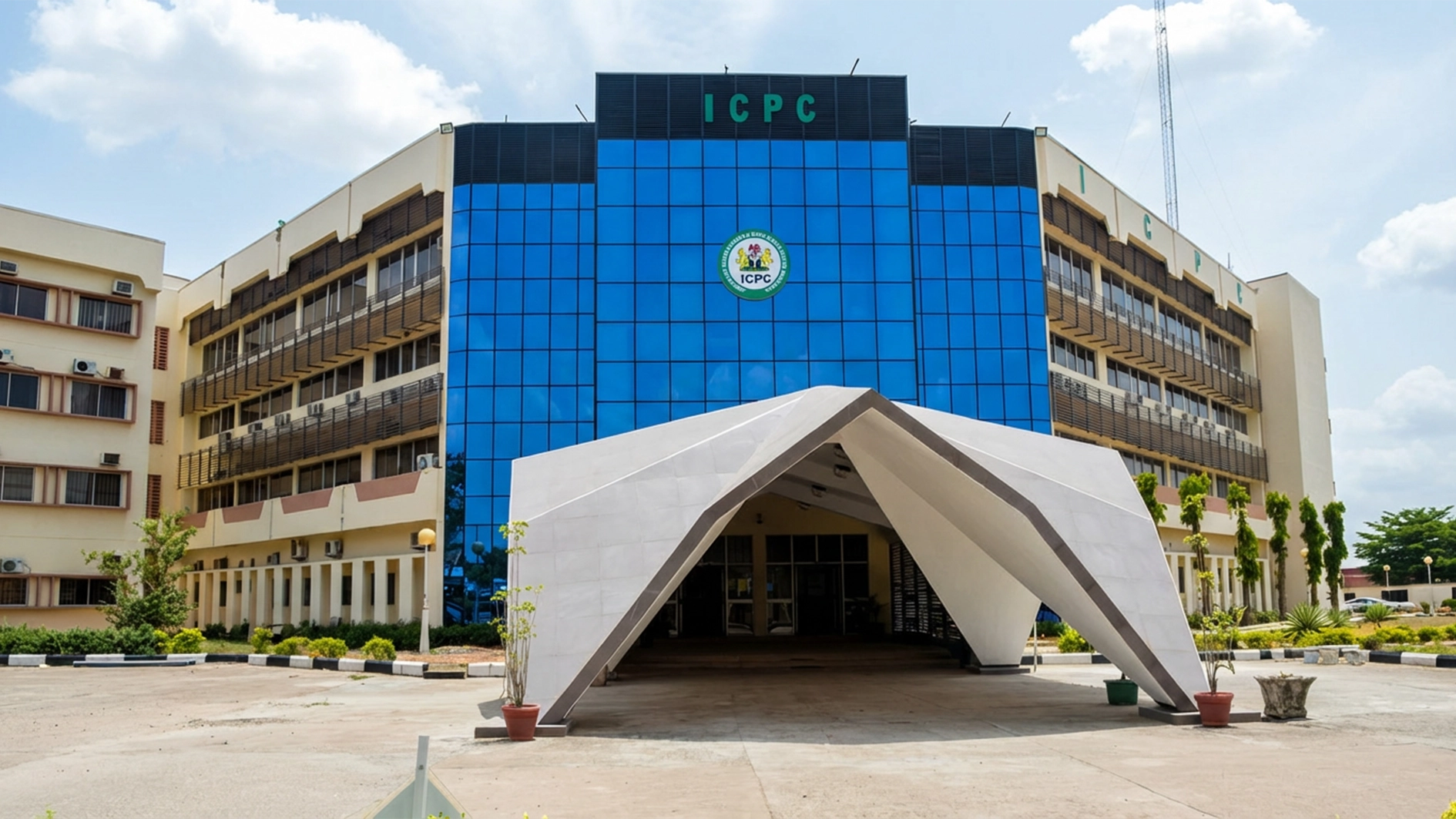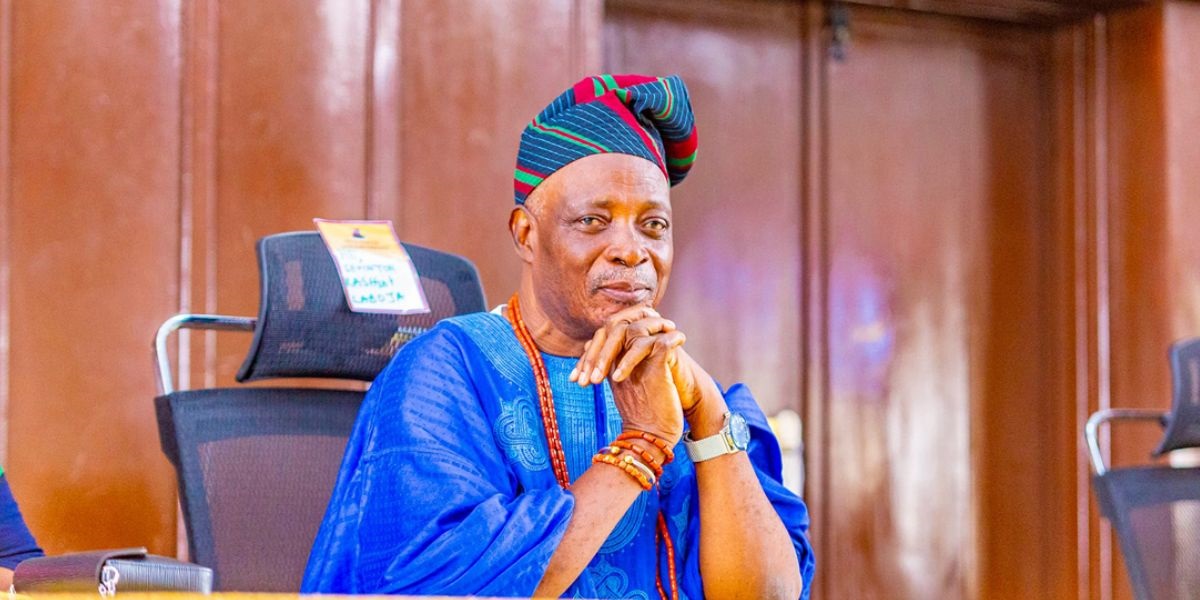The Federal Government has called on stakeholders in the energy sector to prioritise access to clean energy for women at the grassroots to end deaths by firewood toxins.
Minister of Women Affairs, Imaan Sulaiman-Ibrahim, appealed for a multi-stakeholder engagement yesterday in Abuja. She said the move would end energy poverty for Nigerian women through the use of solar-powered equipment for agricultural development with a view to promoting clean home solutions.
Sulaiman-Ibrahim lamented that over 80,000 women die prematurely from the toxic smoke of firewood and traditional cooking stoves, hence the efforts to reach women across all of the nation’s 774 council areas.
The minister said, “Energy poverty is not just a technical challenge, it is a social injustice. It locks women in cycles of unpaid labour, economic dependence, and health risks. In many communities, women spend up to eight hours a week gathering firewood.”
“Through this initiative, we will provide energy access through solar home systems, clean cooking technologies, solar water pumps, e-mobility tools, and other productive-use appliances in every corner of this nation.”
Managing Director of the Rural Electrification Agency (REA), Abba Abubakar-Aliyu, explained that under the agency’s $550 million Nigerian Electrification Project, about eight million Nigerians and 35,000 businesses were impacted, out of which 12,000 are women-led businesses.
He added that President Bola Tinubu approved a $750 million off-grid project, out of which $410 million had been earmarked for mini-grids and $240 million for solar home systems.
“So, there is a huge opportunity for us to replicate and to make sure that we scale this intervention across the country,” he said.
Also speaking, Executive Vice Chairman/Chief Executive Officer of the National Agency for Science and Engineering Infrastructure (NASENI), Khalil Halilu, noted that energy poverty is one of the greatest barriers to the advancement of women, especially in rural communities.
Represented by the Director of Manufacturing Services, Dr. Olayode Olasupo, he said poverty ranges from a lack of access to clean energy for cooking to access to energy for lighting and other essential social systems.
“This thereby limits access to critical services, restricts economic opportunities, and compromises health and safety,” Halilu added.
FG seeks end to deaths from firewood toxins

Hajiya Imaan Sulaiman-Ibrahim
Hajiya Imaan Sulaiman-Ibrahim





